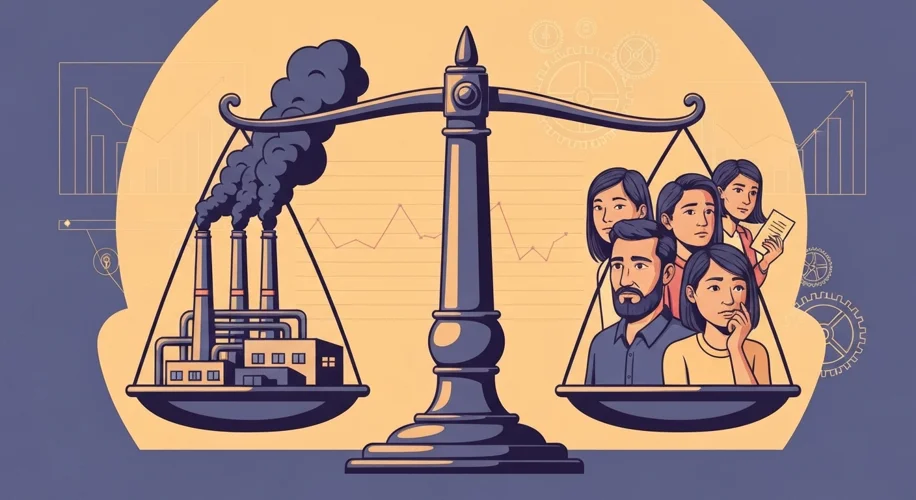As I look back on my career in tech, I’ve seen firsthand how decisions, big and small, ripple through our economy and affect everyday people. It’s not just about the bottom line. There’s a powerful ethical dimension to both economic policy and how businesses operate. Let’s explore some of these critical areas.
Fairness in Trade:
Trade agreements are complex. On one hand, they can open up new markets and lower prices for consumers. But we also need to ask: are these agreements truly fair to all parties involved? This includes considering the impact on workers in developing nations, ensuring safe working conditions, and preventing exploitation. When a trade deal is struck, it’s crucial to consider not just the economic gains but also the human cost and benefit. It’s about building a system where everyone has a chance to thrive, not just a select few.
The Human Element in Business:
Businesses have a significant impact on their employees. Take, for example, the seemingly simple matter of tattoos and employment. While personal expression has become more accepted, some companies still hold outdated views that might affect hiring decisions. This raises questions about whether appearance should be a barrier to employment, especially when it has no bearing on job performance. Companies have a responsibility to foster inclusive environments where employees are judged on their skills and contributions, not on personal choices that don’t impact their work. This extends to fair wages, reasonable working hours, and safe environments – basic tenets of ethical business practice.
Corporate and Government Responsibility:
Corporations and governments aren’t just economic actors; they are also societal stewards. Corporations have a responsibility to consider the broader impact of their operations on the environment, their communities, and their workforce. This can mean investing in sustainable practices, supporting local economies, and ensuring their supply chains are ethical. Governments, in turn, have a duty to create policies that promote economic stability, protect citizens, and ensure a level playing field. This includes regulating markets to prevent monopolies, ensuring consumer safety, and providing a social safety net.
The Ethical Compass:
Ultimately, economic decisions, whether made in boardrooms or legislative chambers, are ethical decisions. They shape the kind of society we live in. From the fairness of international trade to the daily experiences of workers, ethics provides the compass we need to navigate these complex landscapes. As consumers, employees, and citizens, it’s up to us to encourage practices and policies that are not only economically sound but also morally responsible. We need to foster a conversation that prioritizes fairness, dignity, and the well-being of all.

